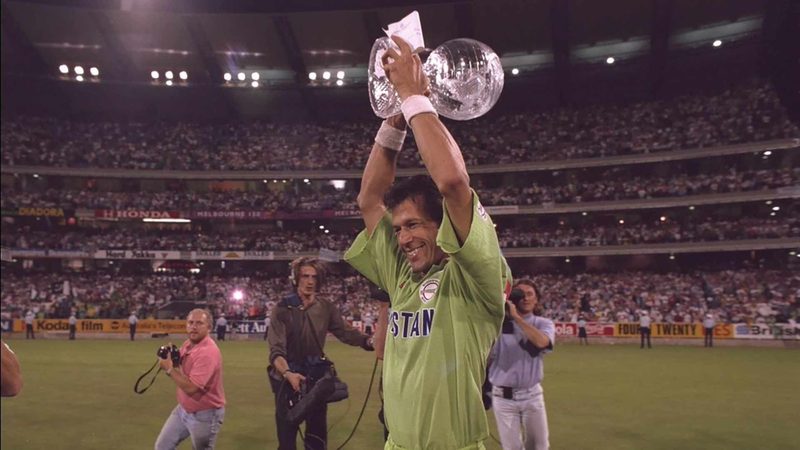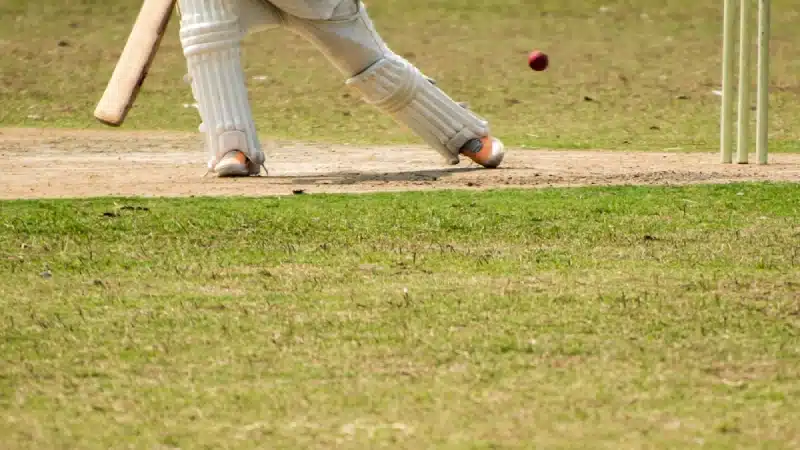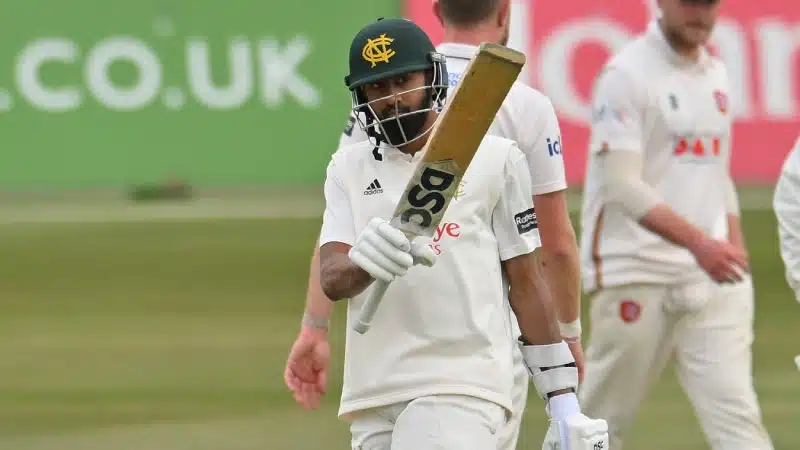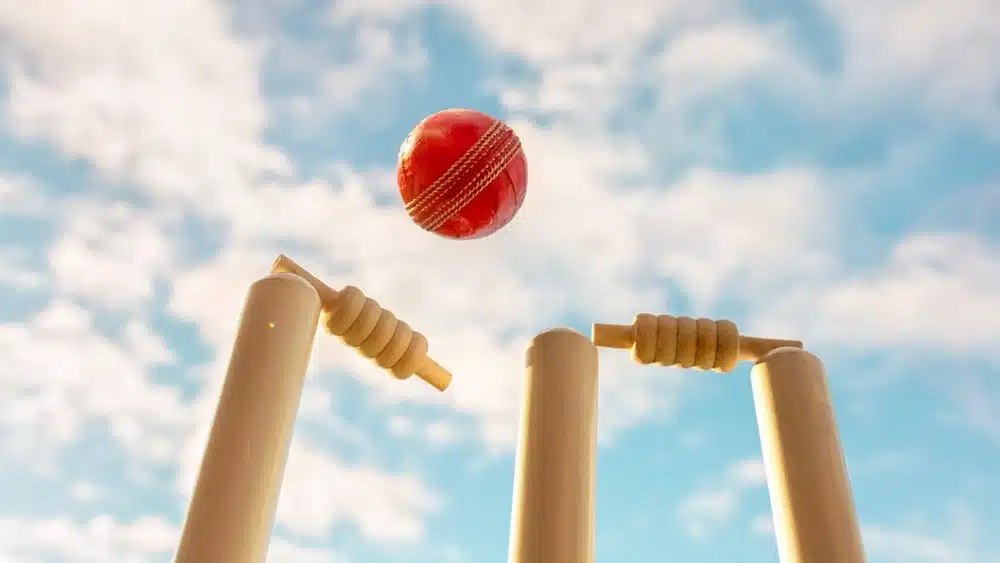
Soon after the West Indies’ supremacy was put to rest by an underdog India at the 1983 World Cup, the gates were kept wide open for teams to challenge the best. The team from the Caribbean was still wavering their artistry on world cricket, but the World Cup was never their ground again.
The emergence and ascending of the other nations saw the World Cup moving away from its birthplace, England, for the first time in 1987 where West Indies, yet again, failed to find their patch. Defending champions, India reached their second consecutive semifinal only to bow out to England. It was England against Australia in the final. An absolute dream for the sporting faithful.
Playing in front of a packed Eden Gardens crowd, Australia jinxed England’s dream and took the Cup Down Under. Then came the 90s; an era of a constant change in guard; an era of the Asian dominance.
The fifth edition of this grand cricketing extravaganza – 1992 – was the year of many firsts. For the starters, there were only nine teams in the contention and the participants were playing in a round-robin format rather than in the groups. Furthermore, coloured kits coupled with white balls were featuring for the first time and a majority of the matches were played under the floodlights (again a first).
As far as the teams were concerned, Sri Lanka chased a then world record 312 set by Zimbabwe. England, one of the favourites of the tournament, qualified for their fifth consecutive semifinal.
Pakistan, on the other hand, had a nervy start to their campaign, having lost their tournament opener against West Indies. Four victories and three defeats in eight games meant they were at the bottom amongst the teams qualified for the semis.
Imran Khan’s men were slowing building up the momentum like a cornered tiger – as he said during the toss against Australia in a must-win game. Chasing 263 in their last four tie against New Zealand, their fate for a moment lost its track when Pakistan found themselves lagging at 140/4.
But this is when a then young Inzamam-ul-Haq, still new in the international cricket, decided to take the matter in his own hand. Playing with a troubled stomach, he and Javed Miandad raced the team to 227 before the game was concluded in their favour by a stunning display of Moin Khan’s big hits.
Entering into the final as the second best – given England’s record – Pakistan had all the reasons to feel apathetic given that they were bowled out for mere 74 when they last faced England earlier in the tournament. If rain had not interrupted, Imran Khan’s men would have bowed out of the tournament.
It seems like the voodoo had followed them into the final. Electing to bat first, the Men in Green found themselves at 24/2, leading to the suggestions it would be an easy route for England. Little did they know what was to follow. A stern batting performance by Imran Khan, Javed Miandad, Inzamam ul-Haq and Wasim Akram took Pakistan’s total to 249 in 50 overs.
While it seemed like a decent total, the Pakistani bowlers made sure they craft history in absolute style by bowling their opponents out at 227.
 AFP- Saeed Khan
AFP- Saeed KhanThe 1996 edition returned to its group stage format given that there were as many as 12 participants. And in 13 years, the sport had four new world champions in as many editions. For the second time, the World Cup returned to India and Pakistan and for the first time in Sri Lanka. Winning all of their five group stage games, the Arjuna Ranatunga-led Sri Lanka had arrived with a perfectly poised blueprint and knew how to exploit their opponent’s weakness.
A World Cup, which was marred by the antics of the crowd during the semifinal against India and Sri Lanka, saw the latter cruising through victory by staying undefeated for the entirety of the tournament.
The 90s was not just about two Asian countries winning the World Cup. In fact, the ODI circuit on a larger scale had slid into their disposal. For example, Sri Lanka – a team which had won a solitary game against England in the span of 1980-1989 – had registered six victories in 12 games against them during 1990-1999.




















